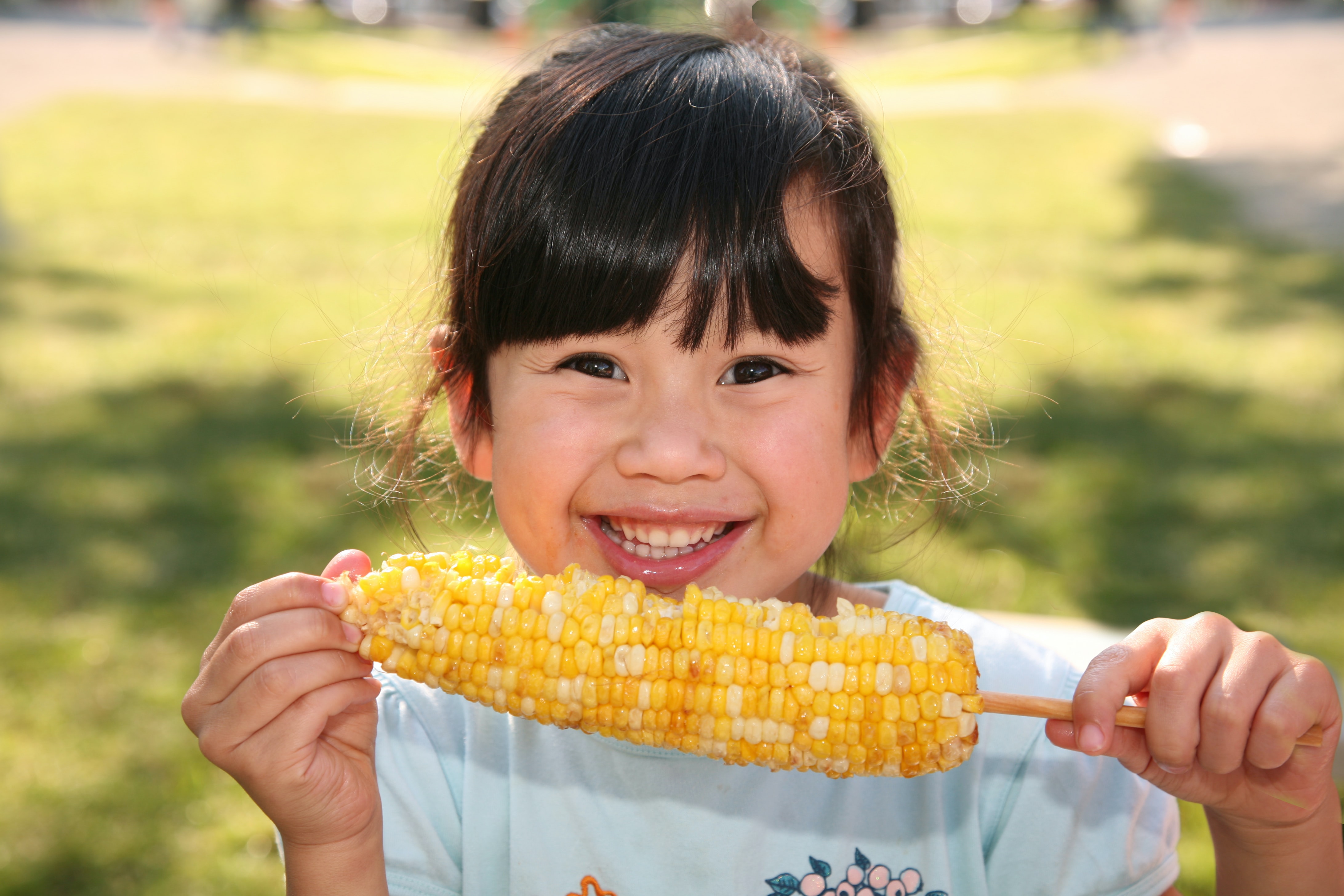No, dogs should not eat corn cob as it can cause blockages in their digestive system. Corn cob should not be included in a dog’s diet as it can lead to blockages in their digestive system.
This occurs because corn cob is hard to digest and can become stuck in the intestines, potentially requiring surgical removal. While corn kernels can be a safe and nutritious snack for dogs in moderation, it is important to always remove the cob before feeding it to them.
It is crucial to prioritize the health and well-being of our furry friends by providing them with food that is easily digestible and safe for their consumption.
Is Corn Cob Safe For Dogs?
Corn cob can pose potential risks and concerns for dogs, particularly as a choking hazard. The hard texture and size of the cob can easily block the dog’s airway, leading to a life-threatening situation. Moreover, if a dog manages to swallow a corn cob, it can cause blockages in their digestive system.
This can result in symptoms such as vomiting, diarrhea, and abdominal pain. It’s important to keep corn cobs out of a dog’s reach to prevent any accidents or health issues. If you suspect your dog has ingested a corn cob or is experiencing any digestive distress, it’s essential to contact your veterinarian immediately for proper guidance and treatment.
Symptoms Of Corn Cob Ingestion In Dogs
When a dog ingests a corn cob, it can lead to various symptoms. Choking or obstruction are common signs to watch out for. Digestive issues may also arise, causing additional discomfort for the dog. It is crucial to be observant and look for any alarming behavior if a corn cob is consumed by your pet.
These symptoms serve as red flags and prompt action is necessary to ensure the well-being of your furry friend. Veterinary assistance should be sought if any unusual signs are noticed. Immediate attention and proper care will help alleviate any potential complications associated with corn cob ingestion in dogs.
Stay vigilant and prioritize your pet’s health to prevent any further complications.
What To Do If Your Dog Eats Corn Cob
Corn cobs can pose a serious health risk to dogs if ingested. If your dog eats a corn cob, take immediate action. First, assess the situation and look for any signs of distress or discomfort. Next, contact your veterinarian to seek professional advice.
Depending on the severity of the situation, your vet may recommend bringing your dog in for an examination or providing guidance over the phone. Treatment options will vary depending on the individual case. In some instances, your vet may induce vomiting or recommend monitoring your dog for any complications.
In more severe cases, your vet may need to perform surgery to remove the corn cob. Remember, timely intervention is crucial to ensure your dog’s well-being. If your dog has ingested a corn cob, don’t hesitate to seek veterinary assistance.
Alternatives To Corn Cob For Dogs
Corn cobs can pose a choking hazard to dogs, so it’s important to find safe alternatives. Corn cob alternatives for dogs include sweet potatoes, carrots, and green beans. These options not only provide nutritional benefits but also offer variety for your furry friend.
Sweet potatoes are high in fiber and contain vitamins A, C, and B6. Carrots are a great source of vitamin A and are low in calories. Green beans are packed with vitamins K and C, as well as fiber. Thankfully, there are plenty of treats that dogs can enjoy instead of corn cobs.
Look for dog-friendly snacks made from fruits, vegetables, or even specially formulated canine treats. Ensuring your dog has a safe and varied diet will help keep them happy and healthy.
Preventing Dog’S Access To Corn Cob
To prevent dogs from accessing corn cobs, it’s essential to implement safe practices and take preventive measures. Ensuring that corn cobs are kept away from dogs can help avoid potential health hazards. Instead of allowing dogs to chew or play with corn cobs, it’s advisable to provide them with dog-friendly alternatives.
These alternatives can include chew toys specifically designed for dogs or natural treats that are safe for them to consume. By doing so, you can divert their attention from corn cobs and encourage them to engage in safer activities. It’s crucial to prioritize the well-being of dogs and take necessary precautions to keep them away from potentially harmful substances like corn cobs.

Credit: emilypost.com
Conclusion
It is important to understand that dogs should not be given corn cobs as they pose several potential health risks. While dogs can safely consume corn kernels, the cob itself can cause blockages in their digestive system, leading to discomfort and potential surgical intervention.
Our furry friends also lack the necessary enzymes to fully break down and digest corn cobs, making it difficult for their bodies to extract any nutritional value. Instead of offering them corn cobs, it is advisable to stick to dog-friendly snacks and treats specifically formulated for their dietary needs.
Always prioritize your dog’s health and well-being by consulting with your veterinarian before introducing any new foods into their diet. Remember, a balanced and well-prepared diet will ensure your dog’s longevity and happiness.
